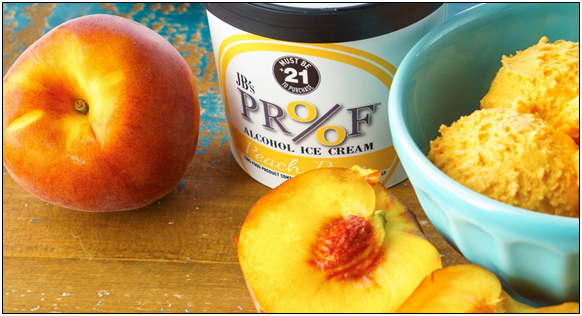By Peter Hong
Remember the cool kids in school: the jock or cheerleader — with rich parents to boot? They had everything handed to them: awards, popularity, status. They hung out together at all the right parties and in all the right cliques, strengthening their bonds to the exclusion of others. Even authority figures, like the principal, protected the cool kids.
To those observing our culture of favoritism in politics, it may seem like we never left high school. That’s because the growth of big government and the power of the administrative state have created an environment where business success depends more on political connections than on ingenuity or innovation. Crony capitalism has created a whole new class of “cool kids.”
While many think that crony capitalism is restricted to the so-called “power corridor” between Washington, D.C. and New York, it sadly has leaked well beyond the Big Apple and the yet undrained Capitol swamp.
A recent dispute in South Carolina over alcohol-infused ice cream illustrates the pervasive influence of crony capitalism and the dangers of running a business without political protection.
JB’s Proof produces various flavors of frozen ice cream with alcohol frozen into the product. The U.S. Treasury Department’s Alcohol and Tobacco Tax and Trade Bureau (TTB) has extended its regulatory grasp against the company, alleging that its ice cream should be classified as an alcoholic “beverage” and subject to TTB’s permit requirements The allegation seems odd — even ridiculous — on its face, given that the ice cream is neither sold nor packaged in a liquid form and therefore cannot constitute anything resembling a “beverage.”
The TTB further alleges that JB’s Proof — an ice cream producer — register and seek permission to qualify as a “distilled spirits plant,” even though it does not produce a drinkable product.
Trivia question: when is frozen food considered a “beverage?” Answer: when the federal administrative state says it is.
To add to the absurd overreach of its action, the TTB has threatened criminal and monetary penalties against the company unless it complies with this regulatory edict. Since receiving notice of the TTB’s action, JB’s Proof has shut down all production, social media and marketing, and regular day to day operations.
Taken into isolation, the federal assault against JB’s Proof would be bad enough — one more example of the administrative state bullying yet another small business.
What makes this case particularly stink is that the TTB has also designated as a “food product” the celebrated “wine ice cream” of another company.
That company is Mercer’s Dairy. Headquartered in upstate New York. And connected to Hillary Clinton.
Appearing in an ad for Clinton’s 2016 presidential bid, Mercer’s Dairy co-owner Roxie Hurlburt, a self-professed former Republican, testified on behalf of her candidate: “She promotes us everywhere. She has been instrumental in making our business a success. We’ve been invited places that we shouldn’t, all because of her willingness to showcase us. The whole thing is like we’ve been friends for all our lives.”
Clinton defenders (and wine ice cream fans) will argue that this episode was simply a matter of a New York senator helping promote a local business, involving nothing illegal or unethical (although the Clintons will also be justifiably associated with “pay to play” scandals).
That, however, does not answer the bigger question of how one business gets harassed by a powerful federal agency, while another sets its sights on serving wine ice cream in the White House (dashed hopes thanks to the election results).
The radically inequitable treatment of players in the marketplace is just one of the dangerous by-products of crony capitalism and the burgeoning administrative state that perpetuates it. Arguing that more government control of the economy is the cause of crony capitalism, Mercatus Center scholar Randall G. Holcombe writes: “The more government is involved in an economy, the more the profitability of business will depend on government policy. Even those entrepreneurs who would prefer to avoid cronyism are pushed into it, because they must become politically active to maintain their profitability. When the government looms large in economic affairs, Businesses push for government policies that can help them, and try to avoid suffering harm as a result of government policies that can work against them. If one’s competitors are engaging in cronyism, avoiding cronyism means that one’s competitors will gain government-bestowed advantage.”
In other words, if you want to slow down the harmful and unjust effects of “crony capitalism” on the economy, shrink government. When the marketplace dictates which enterprises thrive and which ones fail, entrepreneurs can focus on building better businesses and not coddling to the politicians and bureaucrats.
Free market: 1. Cool kids: 0.
Peter Hong is a contributing reporter at Americans for Limited Government.







